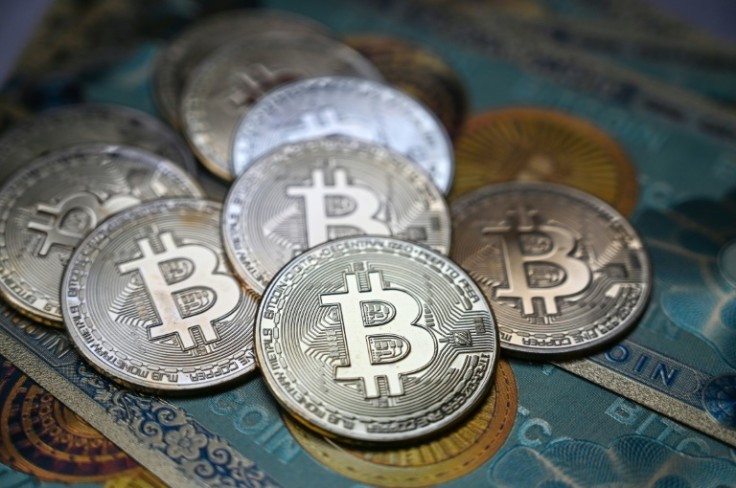Bitcoin 'Specifically Referenced' In Suspected Child Exploitation Activities: US Treasury

KEY POINTS
- Bitcoin was found to have been used in obtaining child sexual abuse material
- The US Treasury also warned in a recent money laundering report of AECs being used to hamper illicit fund investigations
- A Treasury official is set to ask for more authority from lawmakers to rein in actors using crypto in their illicit activities
Bitcoin is the favored payment means for suspected human traffickers and child exploiters, according to a report by the U.S. Treasury's Financial Crimes Enforcement Network (FinCEN) released Tuesday.
The analysis, which is based on financial firms' government filings from January 2020 through December 2021, revealed that there was a spike in the use of cryptocurrencies, mostly Bitcoin, in activities related to online child sexual exploitation (OCSE) and human trafficking.
"Of the 2,311 BSA (Bank Secrecy Act) reports received during the review period, 2,157 reports specifically referenced Bitcoin as the primary CVC (convertible virtual currency) used for purported OCSE- and human trafficking-related activity," the report stated.
There were more than 1,800 unique Bitcoin wallet addresses identified by FinCEN "related to suspected OCSE and human trafficking offenses."
Furthermore, the FinCEN report found that Bitcoin has been used to pay for child sexual abuse material (CSAM). In one case dated March 2021, a CVC kiosk that noticed "suspicious activity" reported a customer who sent Bitcoin to a "Bitcoin cluster identified as a service point for a well-known CSAM website."
Through additional blockchain analysis on the said customer's Bitcoin wallet addresses, it was found that the client had at least five additional payment transactions to Bitcoin wallet accounts "associated with three other well-known CSAM websites."
In another case reported on October 2020 by a money services business (MSB), a customer received more than $5,000 worth of Bitcoin across an estimated 150 transactions "from multiple Bitcoin clusters associated with CSAM."
The MSB suspected that the client may be operating as an unregistered Bitcoin P2P (Peer-to-peer) exchange "involved in converting Bitcoin from CSAM sale proceeds into fiat currency."
The FinCEN analysis comes just days after the U.S. Treasury said in its 2024 National Money Laundering Risk Assessment report that threat actors are now using anonymity-enhanced cryptocurrencies (AECs) to make it difficult for investigators attempting to trace illicit funds.
The report's release also comes as Brian Nelson, the Treasury's Undersecretary for Terrorism and Financial Intelligence is set to urge lawmakers on Thursday to give the department more authority so it can hunt down threat actors using crypto in illicit financing activities.
Nelson will tell lawmakers in a congressional hearing that the Treasury is looking into the use of digital assets by terrorist organizations. "We are focused on disrupting these groups' ability to leverage digital assets, such as our recent multilateral action against several of Hamas's funds transfer networks that relied on several key exchanges to funnel proceeds to the group," Nelson will say in his presentation, as per a prepared speech.
© Copyright IBTimes 2024. All rights reserved.



















